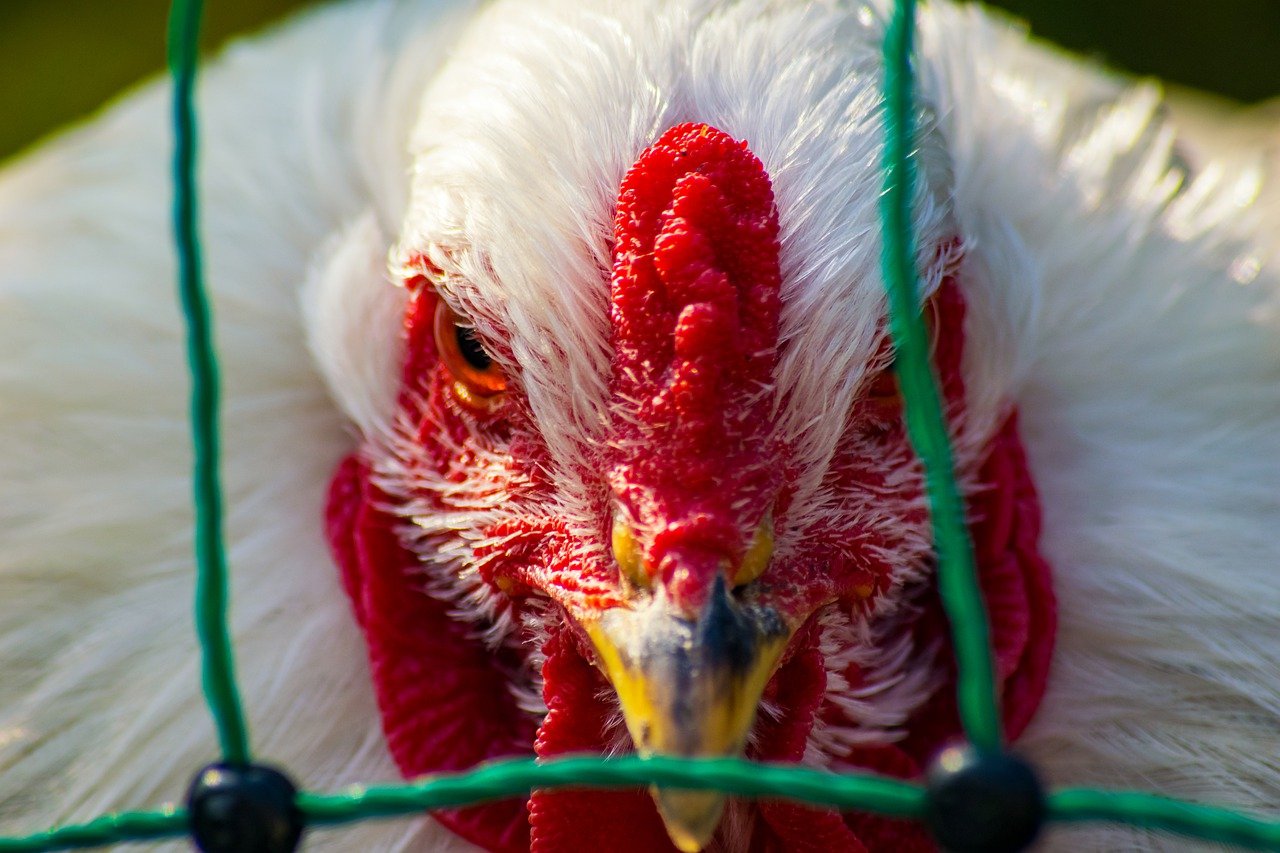The first outbreak of bird flu in humans occurred in Asia in 1997. Since then, there have been multiple outbreaks, but none have spread through human populations as significantly as H5N1 outbreaks. This is the virus that is currently circulating and has killed over 100 people since 2003.
The spread of H5N1 bird flu depends on many factors, including the ability of birds to infect other birds, the ability of infected birds to infect humans, how easily infected birds are identified and culled and how effective public health officials are at preventing spread of infection to humans.
If a bird carrying the disease can spread it to another bird—for example, if two chickens come into direct contact with one another—they can transmit the disease through their droppings and secretions. Humans who come into direct contact with infected bird secretions can become ill too. This happens rarely because it is difficult for an infected bird to pass the infection on to others.
When Was the Bird Flu
The story begins in March 1997 when a previously-unknown disease killed 20 people in Hong Kong. The virus had never been seen before and no one knew what it was or how it spread. Three months later, another 29 people were killed by the same disease in Hong Kong. By December of that year, 12 more died from the illness in Taiwan. By early 1998 reports of “unusual” illnesses were appearing regularly in Vietnam and Thailand. And then the virus started to spread outside Asia.

The virus spread to humans in Hong Kong and then to Europe, North America, and Australia between 1997 and 2005. In 2006, there were fears of a global pandemic, but it never happened. Since then there have been some cases of bird flu in China, Turkey, Egypt, Vietnam, Thailand and Cambodia.
How Can Bird Flu Be Prevented
Prevention is better than cure. It’s a simple proverb, but it’s true. How can bird flu be prevented?
There are a number of ways in which bird flu can be prevented. One of the most important is through the use of common sense. Simple precautions can prevent you from contracting the disease. You should never eat raw or undercooked poultry or eggs, as this is one of the primary ways that bird flu is transmitted. If you keep poultry, you should also take extra care to make sure that they are kept clean and well away from any other birds. This can help to prevent the disease from being transferred to other people’s flocks.
Travellers are also at risk of contracting bird flu if they visit countries where it is prevalent. As such, it is important to remember that vaccination against the illness can be given before travelling abroad. This does not guarantee that you will remain healthy, but it does give your body a chance to fight off any illness before it takes hold. It is also vital that you cover your mouth and nose when you cough or sneeze as this prevents diseases from spreading to others around you.
Do Bird Flu Affect Humans
Yes, bird flu can affect humans. However, there have been no confirmed cases of H5N1 affecting humans in North America.
While this may be good news for you, it does not mean that you do not have to take precautions to avoid being infected by the virus. In fact, bird flu has already affected some people in other parts of the world and killed hundreds of them.
The primary risk for contracting bird flu is through direct contact with poultry or domestic birds that may carry the virus. Although it is possible for these animals to spread the disease to humans, most infections in humans occur when an infected person touches their mouth, eyes or nose with contaminated hands.
Because of this risk, the CDC recommends that all persons avoid contact with sick or dead birds and wash their hands thoroughly if they come in contact with wild birds or domestic poultry. You should also avoid touching your eyes and face before washing your hands with soap and water as this will help prevent transmission via airborne particles such as feces or nasal secretions.
Do Eggs Cause Bird Flu
This is a common question, particularly because there have been some reports that:
Tests on chickens in Malaysia showed that they could catch the bird flu from eating eggs from other infected birds. In China, when chickens were locked up together in cages, they caught the virus very quickly.
However, it has also been shown that you can get bird flu even if you do not eat eggs or meat. Tests on people who had caught bird flu found out that they had not eaten any eggs or meat at all, but had caught it anyway.
The answer to whether or not eggs cause bird flu is still undecided. However, if you live in an area where there is a high risk of bird flu spreading, you should think about what risks there might be if you eat eggs or meat. You may want to avoid them.
Do Eating Chicken Cause Bird Flu
One of the most common fears is that the bird flu will be transmitted to humans through eating infected chicken.
The answer is that scientifically speaking it is unlikely that the bird flu virus, in its present form, will mutate into a form able to be spread as easily between humans. This is due to the fact that we have already been exposed through millions of years of co-existence with birds and other animals and there has never been a documented case of human to human transmission.
However, there are still risks with contracting any form of bird flu virus and so far the virus has not mutated into a less deadly form.
As with any disease there are steps which can be taken to minimize exposure and risk. Most importantly at this time is that chickens should not be handled by people who are ill or who have recently suffered exposure to birds. It is also important that any cuts or open wounds on your body, including your hands and face, should not come into contact with live or dead birds. Likewise, if you are ill it would be advisable not to handle live or dead birds until you have recovered from your illness and any risk period has passed.
How Many Cases of Bird Flu Worldwide
If you are one of the many people concerned about the possibility of a bird flu pandemic, and you want to know how many cases exist right now, then you might be surprised by the answer. The WHO (World Health Organization) reported that as of April 25th, 2009, there have been only 115 confirmed cases worldwide. The first case was discovered in China in March of 2003. This is an extremely limited outbreak, but it is still important to take precautions against this and other diseases.
Treating these cases has been a challenge for health officials. The virus spreads through contact with birds and the H5N1 strain has shown resistance to some available medicines.
The first case of bird flu that resulted in death was reported on December 31, 2003. The victim was a 6-year-old boy from Vietnam who had visited a live poultry market with his family. He died within four days of becoming ill.





Leave a Reply